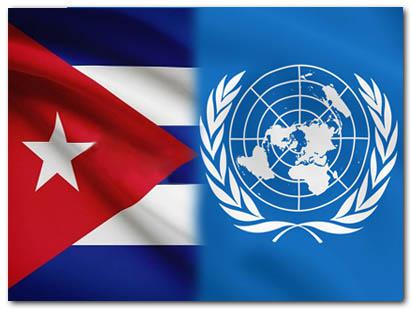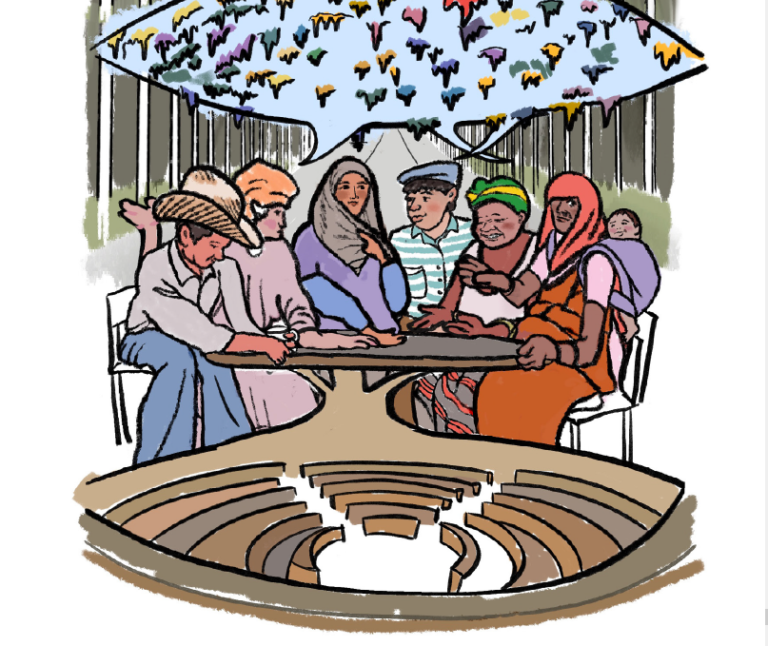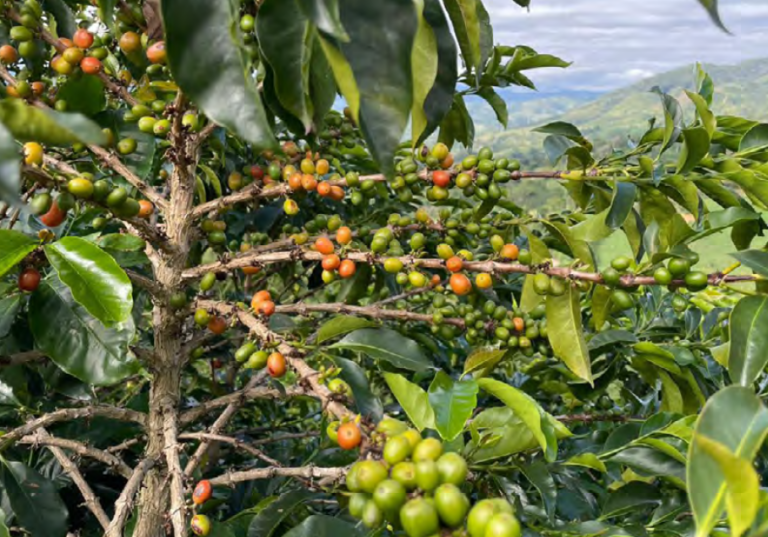Universal Periodic Review of Cuba: CETIM highlights good practices on peasants’ rights
The Universal Periodic Review (UPR) is a human rights protection mechanism of the UN Human Rights Council. It is a process based on the review of each UN member state’s compliance with its human rights obligations and commitments. All member States are assessed by other States, which may make recommendations on different issues and with the fundamental objective of supporting the country under review to better protect and implement human rights domestically. Civil society organizations with ECOSOC consultative status, such as the CETIM, have the possibility of drafting reports on any topic related to the human rights situation, formulating recommendations and advocating that other States take up these recommendations and make them their own.
The State under review can then decide whether to accept or only take note of the recommendations made. In case of acceptance, it will be possible to follow up on the concrete implementation of the recommendations. In the following UPR cycle (every 4 years), the Human Rights Council, together with civil society organizations, will evaluate the implementation or non-implementation of the recommendations accepted in the previous cycle.
It is a useful mechanism in the sense that, in the case of the UNDROP, it allows peasant and civil society organizations to issue recommendations on the implementation of the UNDROP and to ensure a follow-up of this process, as part of the political advocacy with the public authorities.
The report drawn up by CETIM on the implementation of UNDROP rights by the State of Cuba is available below. For us, this is a good example of how the UPR mechanism can be used to monitor national policies on peasants’ rights. In the case of Cuba, CETIM recognizes and encourages good practices concerning these rights, providing an example of policies implementing UNDROP that could inspire other states.







